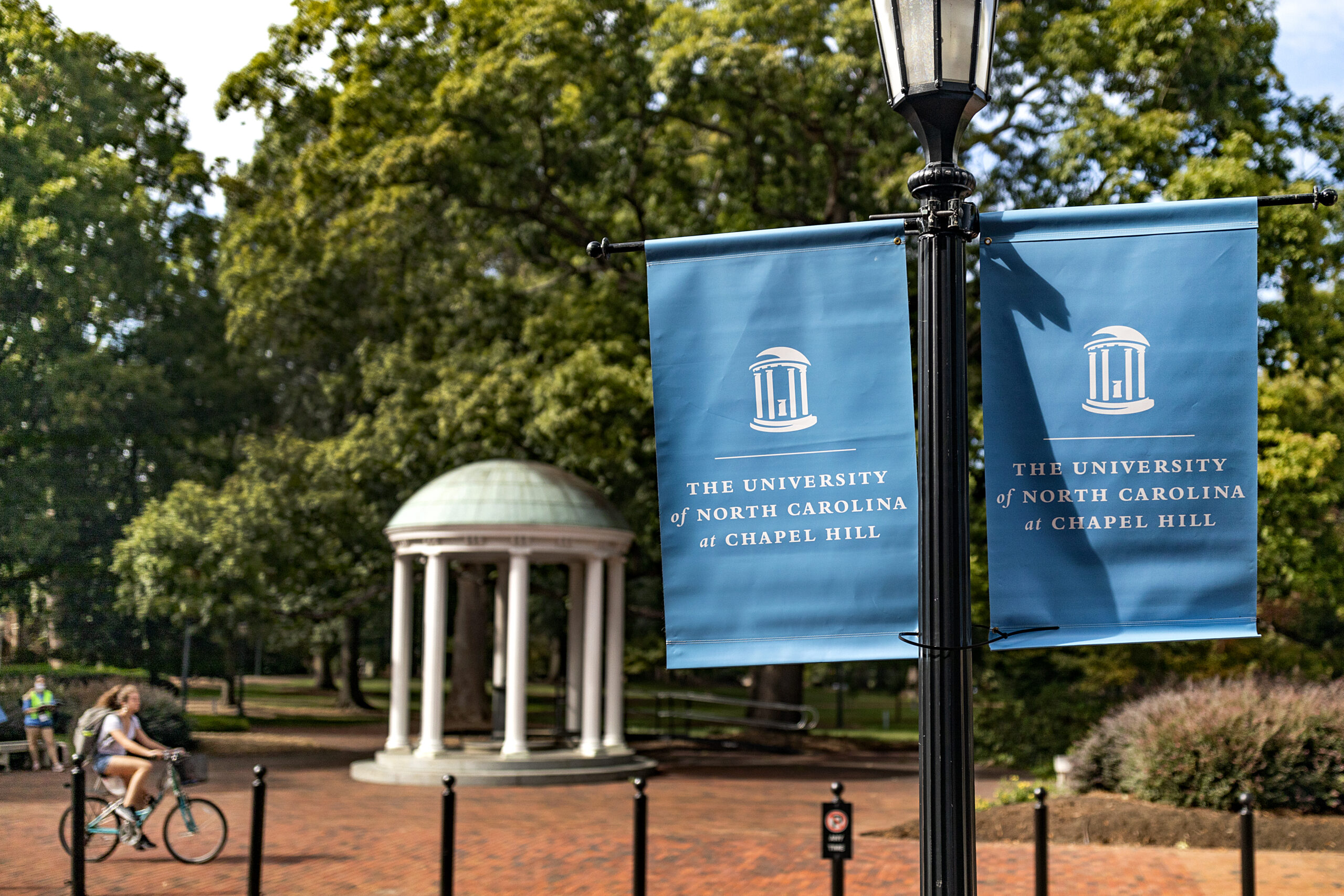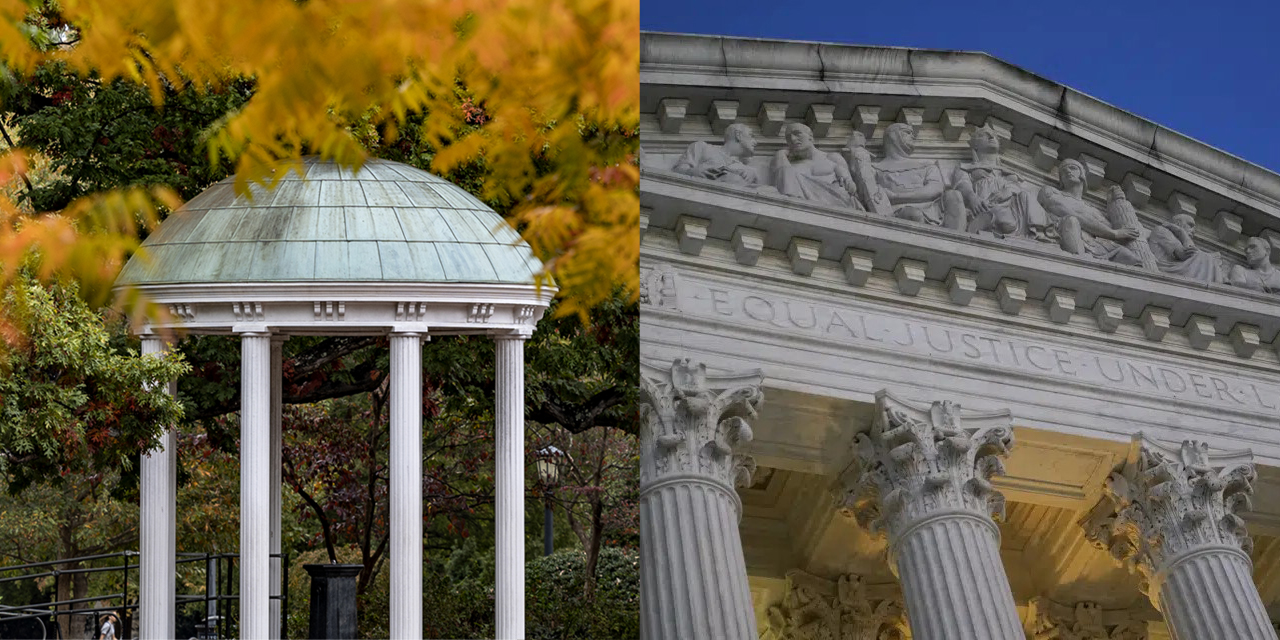The next chapter in a years-long lawsuit between UNC and an anti-affirmative action group is set to begin on Monday.
The university looks to begin its defense in a case filed by Students for Fair Admissions Inc. against UNC’s admissions practices. Set to be held in the U.S. District Court for the Middle District of North Carolina, the trial will begin around six months later than initially planned due to the coronavirus pandemic.
The lawsuit against UNC is one of several filed by Student for Fair Admissions, or SFFA, in the last decade against universities they claim have violated federal civil rights law by weighing race too heavily when choosing to accept potential students. SFFA filed its lawsuit against UNC in 2014 following similar litigation to cases the organization filed against the University of Texas and Harvard University, which accused the institutions of systemically admitting Black and Latinx prospective students over white and Asian American applicants. Headed by conservative activist Edward Blum, SFFA says it believes racial classifications and preferences in college admissions are unnecessary and unconstitutional.
Both cases against University of Texas and Harvard University were ruled in favor of the higher education institutions, saying the race-conscious admissions programs under fire are constitutional. The U.S. Supreme Court’s ruling in favor of UT-Austin in 2017 was the fourth time in 40 years the high court supported the constitutionality of affirmative action, while another federal judge ruled in favor of Harvard in 2019. SFFA is currently appealing the Harvard decision and has since filed a new lawsuit against Texas.
In this court appearance, UNC will look to argue similarly as the other universities. On its website set up about the lawsuit, the university writes its admissions processes do not have a formula and do not discriminate against any applicant or group. A statement on the homepage reads the lawsuit by SFFA threatens UNC’s mission to create a diverse campus community and to cultivate academic excellence for all.
“We evaluate each student individually based on a multitude of factors,” reads the university’s statement, “including but not limited to, academic performance, test scores, class rank, essays, experiences, circumstances, and potential to contribute to the educational environment. We only consider race or ethnicity as one of these many factors if a student chooses to share that information. Even then, we consider race or ethnicity in a limited way, as one factor among many, in assessing everything we know about an applicant.”
UNC Chancellor issued a message to the campus community on Friday to alert people of Monday’s trial, echoing similar messages of Carolina’s commitment to diversity while following the law with its admissions procedures.
“As a faculty member over the past 25 years,” wrote Guskiewicz, “I know that every student rightfully earned their place at Carolina. We welcome these students to a community that is committed to pursuing the educational benefits of diversity as a core part of our educational mission. As our faculty has recognized, a diverse student body is vital to fostering academic excellence, helping to broaden understanding among people of all backgrounds, spurring innovation and preparing engaged citizens and future leaders.”
Next week, @UNC will go to court to defend itself in a multi-year lawsuit challenging our ability to admit and educate a diverse community. The facts are clear: Carolina follows the law when we admit each class of outstanding undergraduate students. https://t.co/T5tJ4tlv2d
— Kevin Guskiewicz (@KevinGuskiewicz) November 6, 2020
The chancellor said while UNC has made strides in its diversity and inclusion, much work still needs to be done. He pointed to the university’s strategic plan and its initiative to build community together as a motivation to continue such efforts as examining race during admissions.
“Carolina remains steadfast in its commitment to actively recruit academically qualified students from all 100 North Carolina counties and beyond to create a vibrant campus community where students from all backgrounds can excel and thrive,” wrote Guskiewicz on Friday. “Our ability to admit a diverse class of highly qualified students is paramount to these efforts, and the positive momentum we have achieved over the past several decades is crucial to the future success of our students and our University.”
Chapelboro.com does not charge subscription fees. You can support local journalism and our mission to serve the community. Contribute today – every single dollar matters.











